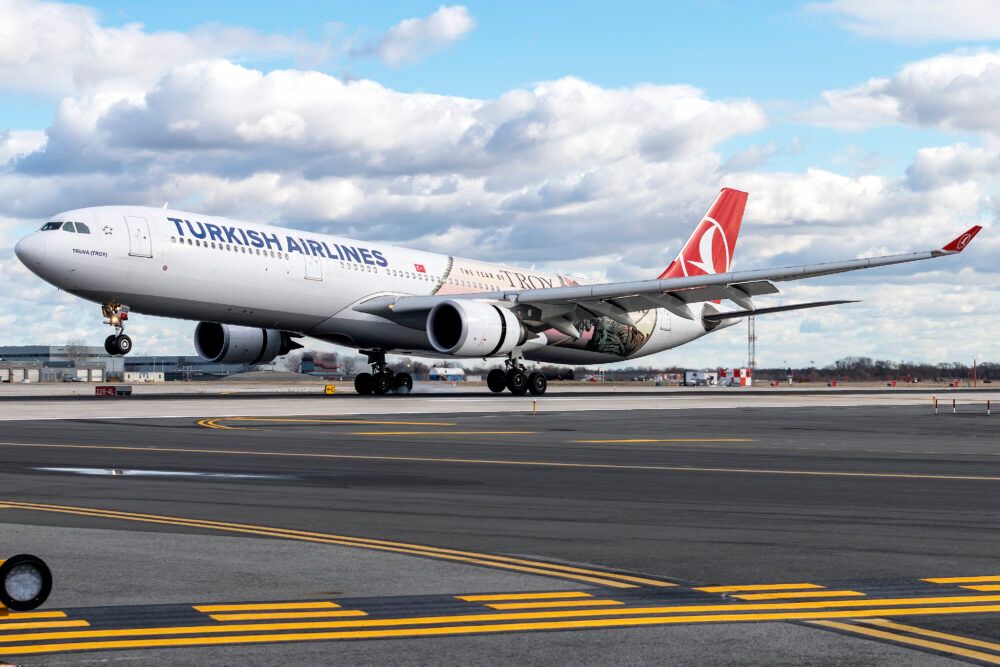Blair’s Closest Adviser ‘Sorry’ For Dodgy Iraq Dossier
The Telegraph has learnt that Campbell put his apology in writing to end a potentially damaging row with the intelligence service over the dossier after it was revealed that parts were lifted via the internet from a 12-year-old thesis by an American student.
According to the daily, one highly placed intelligence officer disowned the document at the time, saying: "We are not responsible for this bastard offspring."
A Downing Street spokesman said Campbell said that "far greater care" would be taken in dealing with anything which might impact on their reputation and work, the BBC News Online reported.
Campbell has never publicly admitted his role in the preparation of the much more controversial document.
The dossier prompted widespread criticism of the quality of British intelligence in the run-up to the war in Iraq.
"It devalued the currency, there is no question about that. There is a dispute about who saw what. But it is clear that the Joint Intelligence Committee was not involved. It was a monumental *censored*-up," a senior intelligence official said.
‘Smoking Gun’
Meanwhile, intelligence officers revealed that they were holding a "smoking gun" which proves that they were subjected to a series of demands by Blair’s staff in the run-up to the Iraq war in response to accusations leveled by the Leader of the Commons, John Reid that “rogue elements” were at work at intelligence services, the Independent reported Sunday.
"A smoking gun may well exist over WMDs, but it may not be to the Government’s liking. Minuted details will show exactly what went on,” the daily quoted one senior source as saying.
It is believed some of the minutes relate to conversations involving the Joint Intelligence Committee, Alastair Campbell, the Prime Minister’s communications director, Jonathan Powell, Blair’s chief of staff, and Sir David Omand, the Government’s security and intelligence co-coordinator.
It is also believed that records had also been made by individual officers in communications within the intelligence services.
"The mood is very fractious at the moment. Intelligence officials are keen that the inquiries should establish the demarcation between what was supplied to Downing Street by them, and what it received from the Americans," a ministry defense official said.
‘Spin’
The failure to uncover WMDs in Iraq is, in effect, costing Blair political support even among Labor and Conservative MPs who backed the war but are angry at the possibility that MPs may have been misled, the daily said.
Michael Portillo, the former Tory Cabinet minister who effusively praised Blair in March for renouncing spin to fight for what he believed to be right, has now changed his mind.
"How could I have been so naive? Spin is the making of Blair, and it will be his demise. He’s given his opponents a dream slogan – ‘You can’t believe a word he says’. But that may not worry the Prime Minister,” Portillo said.
"The opposition has never shown self-discipline, so maybe he’ll give them the slip again," he added.
Clare Short, an outgoing British minister who resigned over Iraq war, said on June 1 that Blair had duped the public over the threat posed by the ousted Iraqi regime in order to ensure the invasion.
"I have concluded that the PM decided to go to war in August sometime and he duped us all along," she said.
Other MPs who backed the war have warned that the issue could blow up very quickly into a major constitutional row between the Government and the House of Commons if, as expected, Blair and senior officials refuse a request to give evidence to a committee of MPs.
Blair promised full cooperation with a parliamentary inquiry by the intelligence and security committee (ISC).
But this committee consists of a group of MPs chaired by Labor’s Ann Taylor, who meet behind closed doors and ironically reports to the prime minister, not parliament.
The Labor chairman of the Foreign Affairs Committee, Donald Anderson, has written to a number of senior politicians and civil servants, warning them that they may be called before committee hearings later this month.
Unlike the Intelligence and Security Committee, the Foreign Affairs Committee hold its hearings in public and intends to publish its findings before MPs break up for the summer.
A number of the intended witnesses, including Blair himself and some senior figures in the intelligence community, are likely to refuse to appear.
The Foreign Affairs committee could then appeal for support to the House of Commons, forcing a highly embarrassing vote which the Government might lose, the Independent said.
"They will say they can’t give evidence on matters affecting the security services, then either the committee will buckle or – more likely – there will be a major confrontation," Andrew Mackinlay, a Labor member of the committee, predicted.
John Maples, a Tory member of the committee who also backed the war, warned: "It would be very embarrassing for the Prime Minister to be taking on a Commons committee, because people would ask, ‘What has the Government got to hide?’ and second, they might not win a vote."



